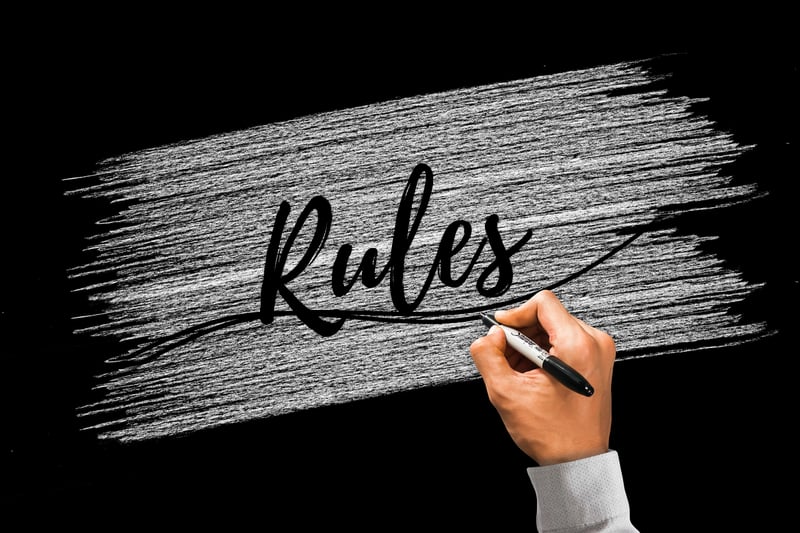Causality Rules

Avoiding Time Conundrums and Understanding Causality Rules
Time travel has long captured the imagination of many, but it comes with its fair share of conundrums and paradoxes. Understanding causality rules can help navigate these complexities and prevent logical inconsistencies. Let's delve into how to avoid time conundrums and grasp the fundamental principles of causality.
The Grandfather Paradox
One of the most famous time travel paradoxes is the Grandfather Paradox. It posits a scenario where a time traveler goes back in time and prevents their grandfather from meeting their grandmother, thus preventing their own birth. This creates a logical inconsistency - if the time traveler was never born, how could they go back in time to prevent their grandparents from meeting?
Avoiding the Paradox
To avoid the Grandfather Paradox, one popular theory is the Novikov self-consistency principle, which suggests that any actions a time traveler takes in the past were already part of history. This means that the time traveler cannot alter events in a way that would create a paradox, as their actions were always meant to happen.
Causality Rules
Causality is the relationship between cause and effect, and it plays a crucial role in understanding time travel. In a causal loop, an event is both the cause and effect of another event, creating a self-perpetuating cycle.
Understanding Cause and Effect
When it comes to time travel, maintaining the order of cause and effect is essential. Changing events in the past could have unforeseen consequences in the future, leading to potential paradoxes. It's vital to consider the ripple effects of any actions taken while time traveling.
Conclusion
Time travel poses many intriguing questions and challenges, particularly when it comes to causality and avoiding paradoxes. By understanding causality rules and respecting the principles of cause and effect, one can navigate the complexities of time travel without falling into logical conundrums.